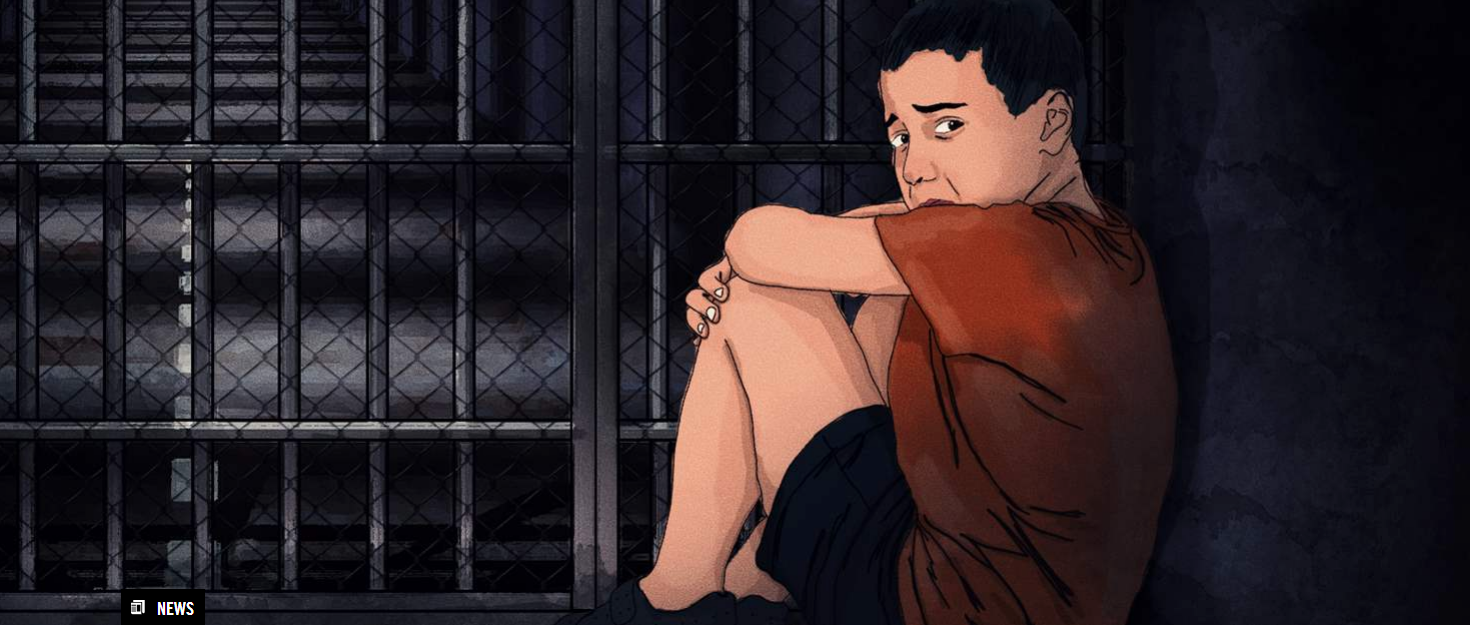Update:
On 22 November 2018, Egypt’s State Information Service issued a press release in response to Amnesty International’s findings denying that any violations against children have taken place. It stated that Amnesty International’s information was “not based on well-grounded sources” and did not provide “reliable evidence” to validate its claims of torture and enforced disappearance, arguing that it had complied with Egyptian and international law. On 3 December 2018, Amnesty International published a letter addressed to the Egyptian authorities rebutting these claims, reiterating its conclusion that the authorities have violated children’s rights under international and Egyptian law. Amnesty International urged the authorities to investigate the cases raised instead of making fictional claims of a “politicized smear campaign” aiming to damage the image of the Egyptian state locally and abroad. The organization also highlighted that it is human rights violations committed with impunity that harm children and damage Egypt’s image, not the work of human rights organizations uncovering such violations.
**Original text follows**
The Egyptian authorities have committed shocking violations against children since 2013, with at least six tortured in custody and 12 subjected to enforced disappearances since 2015, according to new findings published by Amnesty International today.
The information, gathered by Amnesty International and the Egyptian Front for Human Rights, has been released today to mark the World Children’s Day.
“These findings reveal how Egyptian authorities have subjected children to horrific violations including torture, prolonged solitary confinement and enforced disappearance for periods of up to seven months, demonstrating an absolutely shameful disregard for children’s rights,” said Najia Bounaim, North Africa Campaigns Director at Amnesty International.
“It is particularly outrageous that Egypt, as a signatory to the UN Convention on the rights of the child, is breaching the rights of children so flagrantly.”
The families of six children who were subjected to torture, interviewed by Amnesty International and the Egyptian Front for Human Rights, said that during detention they were severely beaten, given electric shocks on their genitalia and other parts of their body or suspended by their limbs.
In some cases, the children said they were tortured in order to “confess” to offenses that they did not commit.
Aser Mohamed was forcibly disappeared in January 2016 at the age of 14, where he was held incommunicado for 35 days and tortured in order to “confess” to “membership in a terrorist group” and attacking a hotel, offenses that he says he did not commit. He is now facing a trial along with adults which could see him sentenced to jail.
Abdallah Boumidan was 12 years old when he was arrested in December 2017 by the Egyptian military in Arish City in Northern Sinai, then forcibly disappeared and tortured. He was held incommunicado for seven months before being charged with “membership of a terrorist group” and transferred to solitary confinement, where his medical situation severely deteriorated.
Egyptian authorities have also imprisoned children alongside adults in violation of international human rights law. In some cases, they were also held in overcrowded cells and denied sufficient food. In at least two cases children were held in prolonged solitary confinement.
Children have also been subjected to unfair trials – some in front of military courts – by being questioned without their lawyers and legal guardians present, being charged on the basis of “confessions” extracted through torture and being kept in prolonged pre-trial detention for periods of up to four years. At least three children were sentenced to death following unfair mass trials in three different trials. Two of these sentences were later overturned, while another is still pending appeal.
Under international law arrest should only be used as a last resort for children. Both Egyptian and international law require children to be tried in front of special juvenile courts. However, Egyptian law allows for trying children 15 or older alongside adults, including in military courts and State Security courts. The UN Committee on the Rights of the Child has called for all states to try people accused of committing criminal offences when they were less than 18 in juvenile courts.
“Instead of brazenly violating children’s rights the Egyptian authorities must release all children that are arbitrarily detained. The authorities must also quash any sentences issued to children in adult courts or after unfair trials and retry these children in juvenile courts,” said Najia Bounaim.
“Any allegations of torture or enforced disappearance must be investigated and those responsible must be brought to justice.”
If you would like more information or to arrange an interview, please contact:
Lucy Scholey, Amnesty International Canada (English): +1 613-744-7667 ext. 236; lscholey@amnesty.ca






















